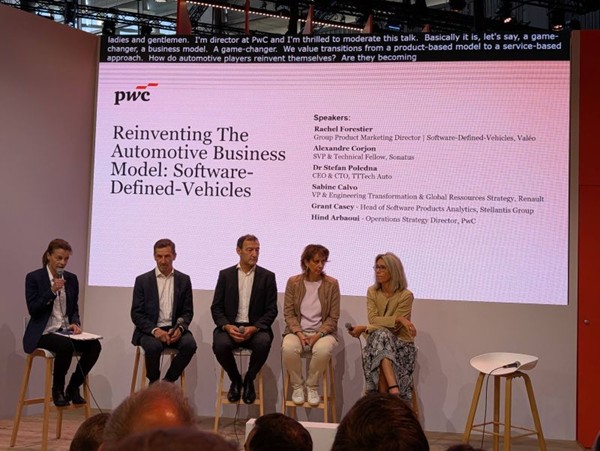Most books age poorly. Like yogurt in the sun or technology forecasts from the 1980s. A few, however, quietly mature on my cherished bookshelf, gradually shifting from idealistic outliers into prophetic manuals for navigating the future.
Frederic Laloux’s Reinventing Organizations is precisely one of these. Initially published in 2014, it didn’t make headlines, nor did it explode on bestseller lists overnight. Instead, it steadily sold over half a million copies, mostly through word-of-mouth, quietly reshaping the thinking of countless leaders, coaches, and innovators: including my own. Laloux, a former McKinsey consultant turned independent thinker, challenges the entire logic of conventional organizational management. Instead of rigid hierarchies and power-centric structures, he proposes an evolutionary model of organizations, defined by what he calls TEAL: organizations driven by three core principles: self-management, wholeness, and evolutionary purpose.
Self-management, as I see it, decentralizes healthy portions of decision-making power, placing trust in the wisdom and autonomy (within limits) of individuals and teams. Wholeness invites everyone to show up authentically at work, blending personal integrity with professional effectiveness. Evolutionary purpose emphasizes that an organization’s mission is dynamic and responsive, continually adapting rather than being fixed in static vision statements.
Why is this decade-old book suddenly more relevant now? Because the AI revolution is here. From my perspective, artificial intelligence and large action models go far beyond automating routine tasks. They systematically redefine the very fabric of how we organize society. Decision-making, resource allocation, and creative processes are increasingly handled by agents. Hybrid workplaces powered by AI have fractured traditional organizational boundaries, redistributing power away from rigid managerial control and toward decentralized, more autonomous teams. This goes hand and hand with a shift towards more centralized and platformed IT systems.
The implications reach far beyond efficiency gains. AI’s pervasive presence is reshaping trust, human connections, creativity, and governance. I believe biohacking, autonomous systems, synthetic media, deepfakes, and AI-driven narratives will soon challenge everything we assume about authenticity, reliability, and ethics underpinning our institutions. We are entering an era where organizations must continuously reinvent themselves, not as a reactionary measure, but as a fundamental survival strategy. It’s no longer about « managing change » but about embedding adaptability and evolution into our organizational DNA.
Laloux’s TEAL model anticipated precisely this shift. To me, the book is less a manual and more a philosophical provocation. It challenges leaders to rethink their roles, not just as commanders but as stewards, gardeners, and guides in a constantly evolving environment.
The good news is that some organizations have already embarked on this path, quietly embedding autonomy, trust, and flexibility into their core operational principles. They’re discovering that agility doesn’t come from adding new rules but from dismantling old assumptions. Reinventing Organizations stands as a gentle but firm reminder that if your organization hasn’t begun adapting to the new realities shaped by AI, the window for proactive reinvention is rapidly closing.
Tomorrow is already here, and it’s accelerating faster than any memo can capture. Old books don’t die… they go into hell to regroup 😊.



